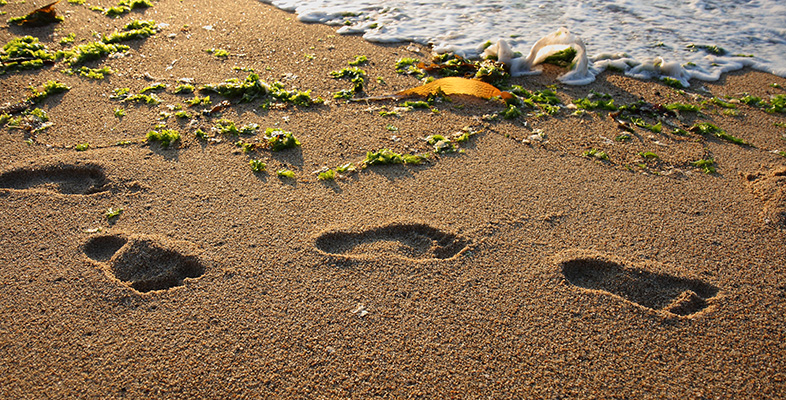5.3 The role of governments and business
Despite all the possibilities for individual and group action to reduce carbon footprints, there will still be people, groups and organisations who won’t, or can’t, do much. Many individuals limit themselves to ‘every little bit helps’, with small effects on their carbon footprint, such as reusing plastic bags or recycling paper. This avoids having to consider more significant changes in car and air travel, home energy use, diet or shopping. Others will simply carry on producing and consuming to maximise their own personal or organisational benefit, even if they know this is to the detriment of everyone else and future generations.
This behaviour is what has been called the tragedy of the commons, a term popularised by an American ecologist Garrett Hardin (1968). The ‘tragedy’ is that for a time, each person, organisation or nation can gain an additional benefit by using or consuming a bit more of the commons (the Earth) until a resource is used up, or an irreversible environmental change has occurred. Then everyone suffers.
That’s where government support, taxation and regulation, business initiatives and international agreements to tackle climate change and other environmental problems come in. It’s what ‘I’ and ‘we’ can’t achieve unaided and only ‘they’ have the power to do.
